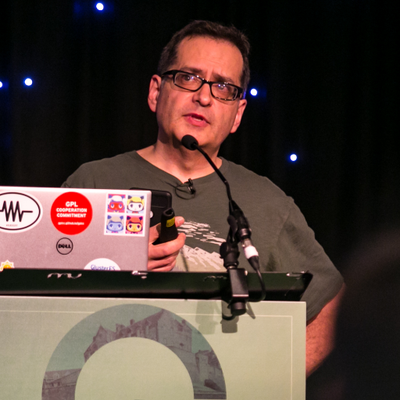
Richard is Senior Commercial Counsel on the Products and Technologies team in Red Hat's legal department. Most of his work focuses on open source-related legal issues.

Richard is Senior Commercial Counsel on the Products and Technologies team in Red Hat's legal department. Most of his work focuses on open source-related legal issues.
Authored Comments
Good point. The recently OSI-approved CAL has some interesting data-related provisions which broke new ground in an open source license, and there were certainly some who argued that those provisions raised OSD concerns. I think the OSI correctly saw them as consistent with the existing OSD.
Hi Pam, The "open source-like license" I am referring to in that paragraph is not CAL 1.0 (the license approved by the OSI earlier this year), but rather CAL 1.0-Beta, the earlier draft originally submitted by Van Lindberg in early 2019. You are right that I supported OSI approval of the *later* version of CAL, which did not have the interface copyleft feature. I also raised concerns about OSD-conformance of the *earlier* version of CAL, CAL 1.0-Beta, because of the interface copyleft feature. I've read the paragraph a number of times since receiving your comment and discussed it with some of my colleagues at Red Hat, and I feel it is sufficiently clear that no edit to the article is necessary, but I hope this reply to your comment helps clarify things for readers.